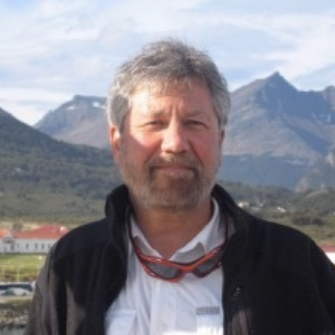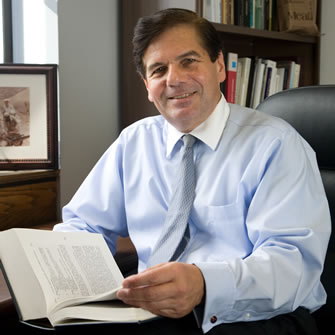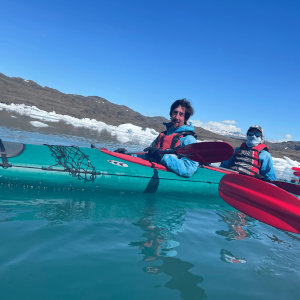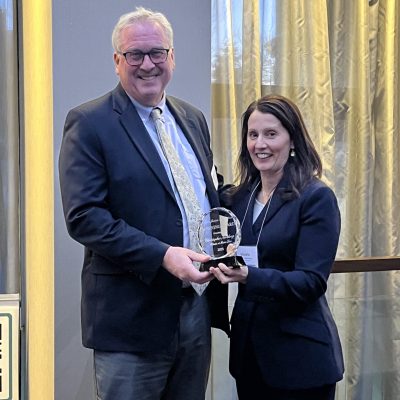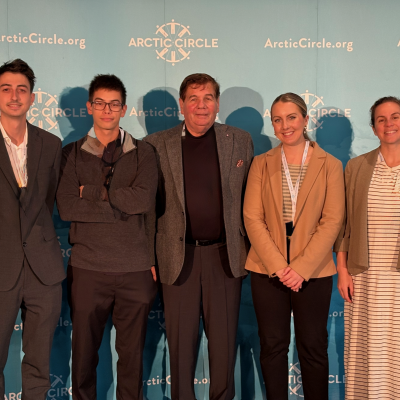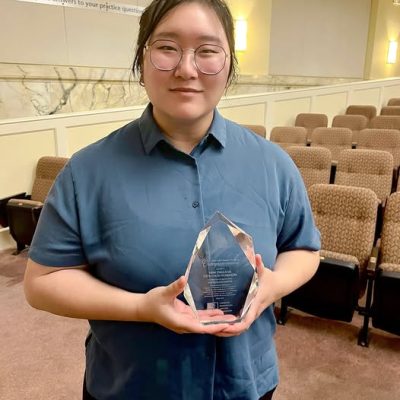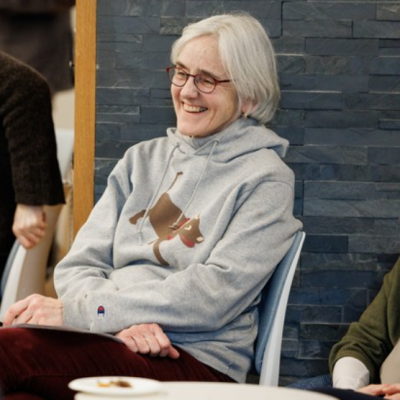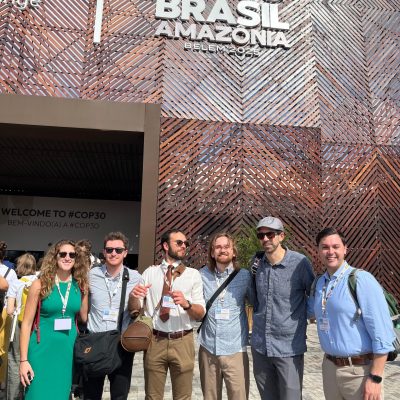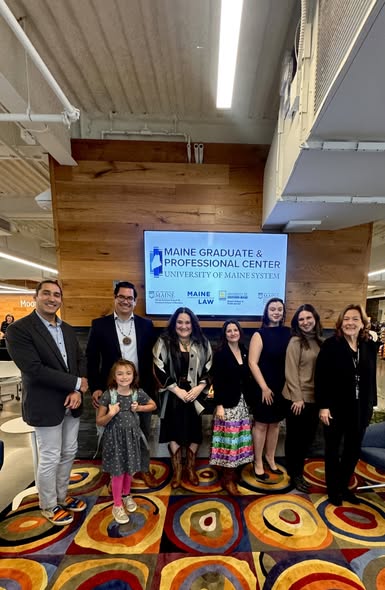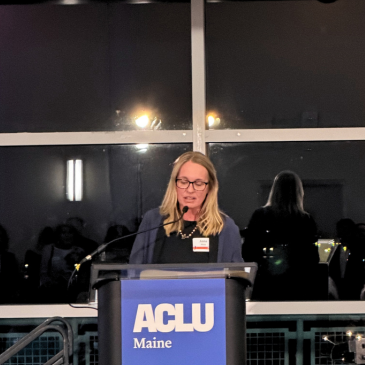“Interdisciplinary work requires venturing beyond the comfort of the known — the conventions of a discipline which a student, a scientist or a lawyer has learned through long professional training,” noted Professor Charles H. Norchi. “It requires the intellectual posture and skill to select the appropriate combination of methods to solve problems of varying orders of complexity that implicate more than one discipline. That is the skill which we hope students will acquire in this course.”
Norchi is the Benjamin Thompson Professor of Law and Director of the Center for Oceans & Coastal Law at Maine Law. He has built a career around interdisciplinary research, fusing ideas from law, science, policy, and the social sciences to tackle multifaceted global issues, including the geopolitics of climate change. He and Professor Paul Mayewski, Director of the Climate Change Institute and University of Maine Distinguished Professor, have worked in tandem on these topics for years, including co-teaching an Arctic Law and Policy Course.
In Fall 2023, the pair offered a pilot course that highlighted the potential for interdisciplinary work facilitated by the University of Maine Graduate and Professional Center and Portland Gateway. The Center trains future leaders, thinkers, and innovators by breaking down disciplinary silos and creating intellectual space for collaboration.
Norchi and Mayewski’s course, Complex Problem-Solving for Future Leaders, asks students to examine sweeping societal problems -from climate change to international conflict – and engage with these issues using systems of thinking unfamiliar to the students.
Fomenting connection and discussion is at the heart of interdisciplinary work, the professors believe. “Learning about a new field is similar to learning a new language, especially at the graduate level of education,” Mayewski said. “In either situation, the best thing you can do is immerse yourself in the environment, make friends who speak that language,”
Cory Limberger (‘23), took the pilot course and is now pursuing his interdisciplinary PhD in the Climate Change Institute with Mayewski as his advisor. This course, he said, helped hone his capacity for creative thought
“Pips Veazey, Director of the Portland Gateway, taught one class that really got me thinking,” Limberger recalled. “She spoke about how to take qualitative responses to surveys and quantify them. That’s something that could be useful in a lot of disciplines, including helping solve problems related to the impacts of climate change.”
The professors said it was gratifying to watch students begin to appreciate the ripple effect innovative or new approaches can produce and witness the evolution of their thinking.
“The most important thing about this kind of thinking is becoming comfortable with the unknown,” Norchi said. “You have to want to learn and you have to be honest with yourself about what you don’t know.”

